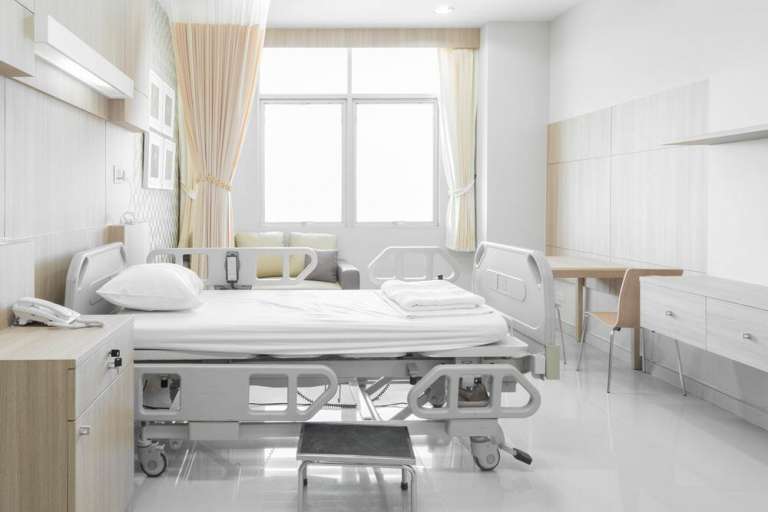A report by the GMC has revealed “stark” levels of exhaustion after conducting an annual nationwide survey of medical training, sparking patient safety fears.
The regulator polled almost 52,000 doctors in training and 19,000 of their trainers across the UK.
Nearly a third of junior doctors said they are exhausted before the work day even begins.
A quarter of trainee doctors described themselves as suffering from burnout, whilst one in three said even the thought of work is enough to make them feel exhausted.
Roughly one-third of trainees said they were often or always exhausted in the morning at the thought of another day at work. Half said they were always worn out by the end of the day. The report also found that one in five junior doctors said that they feel short of sleep at work.
40% of those surveyed described their workload as #heavy’ or ‘very heavy’, and many said they were missing training opportunities to cover staffing gaps elsewhere. Additionally, trainers also reported heavy workload, with a third saying that high levels of work made it hard to find the time to fulfil their educational roles.
They also reported heavy workloads and half of doctors in training said they work beyond their rostered hours on a daily or weekly basis.
Protection for Junior Doctors training was introduced by Jeremy Hunt in October last year that saw the introduction of “guardians of safe working hours” to offset concerns about extra weekend and evening working, however, the GMC findings show a widespread culture of long and intense hours, and heavy workloads.
Safety groups said the findings would be “concerning for patients across the country” as tired doctors are more likely to make mistakes.
Rachel Power, the Chief Executive of the Patients Association, commented; “Tired doctors make more mistakes – and patient safety suffers as a result. A vulnerable person in hospital wants to be cared for by well-rested doctors who are alert and capable of making the best clinical decisions for their patients.”
Whilst Charlie Massey, Chief Executive of the GMC, said: “Training must be protected and it must be safe, and employers need to address this urgently.”





